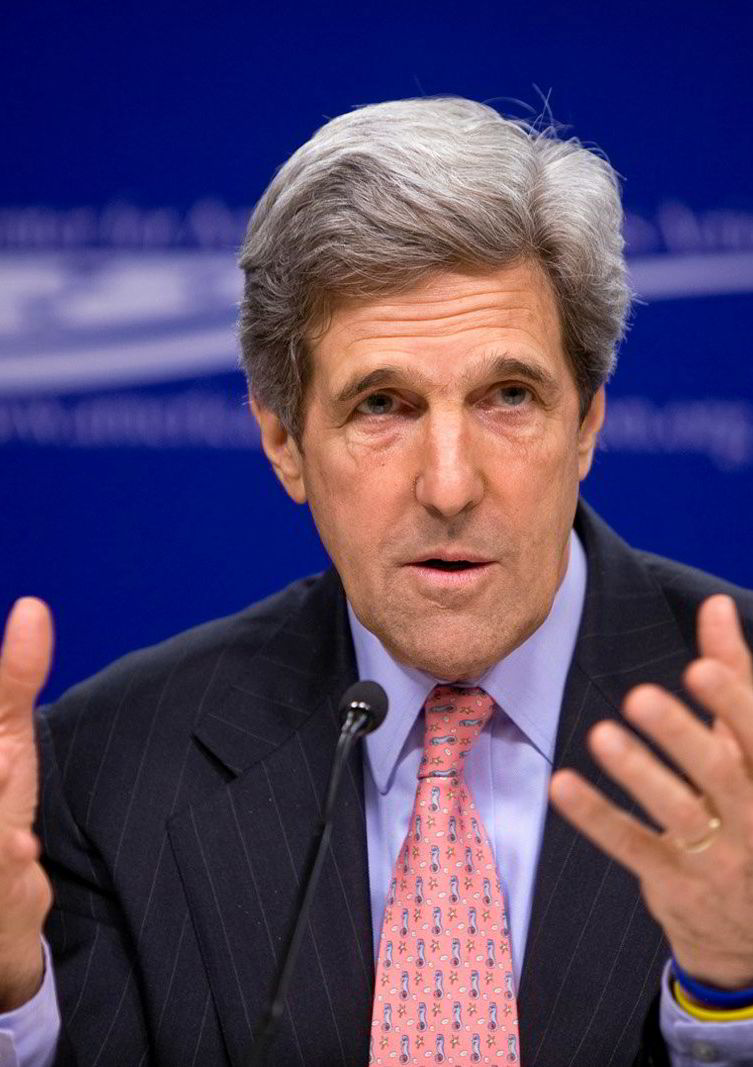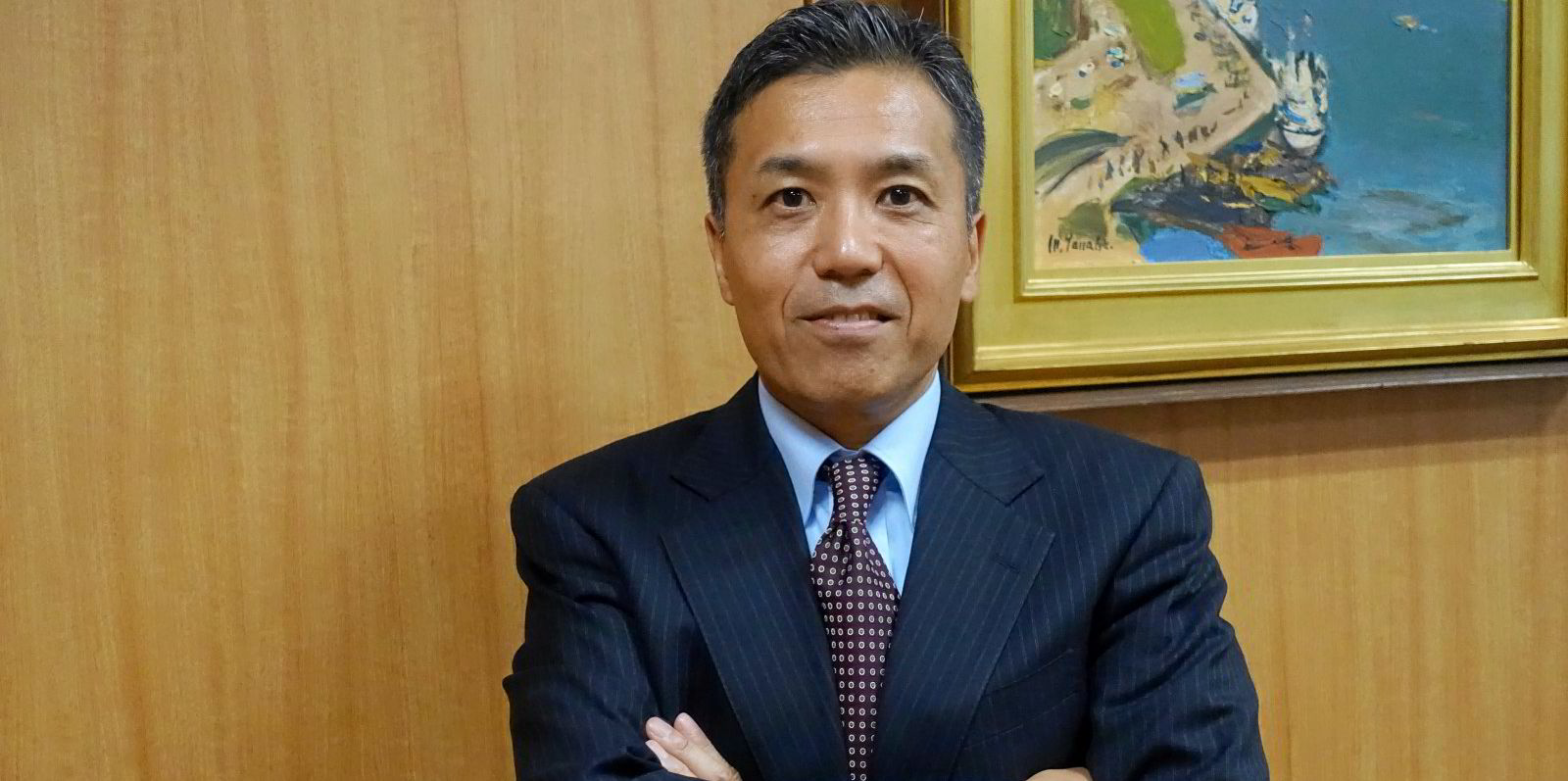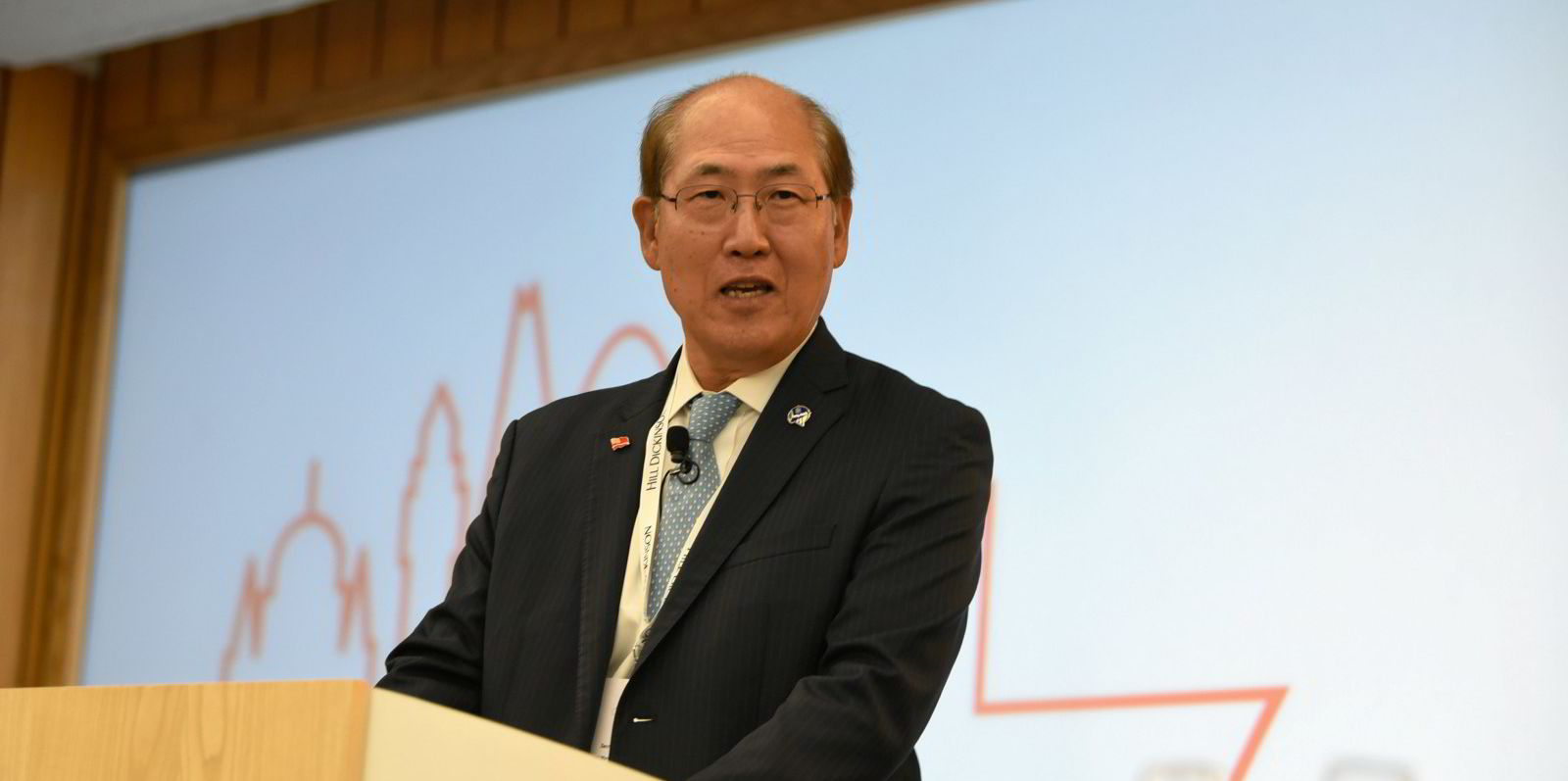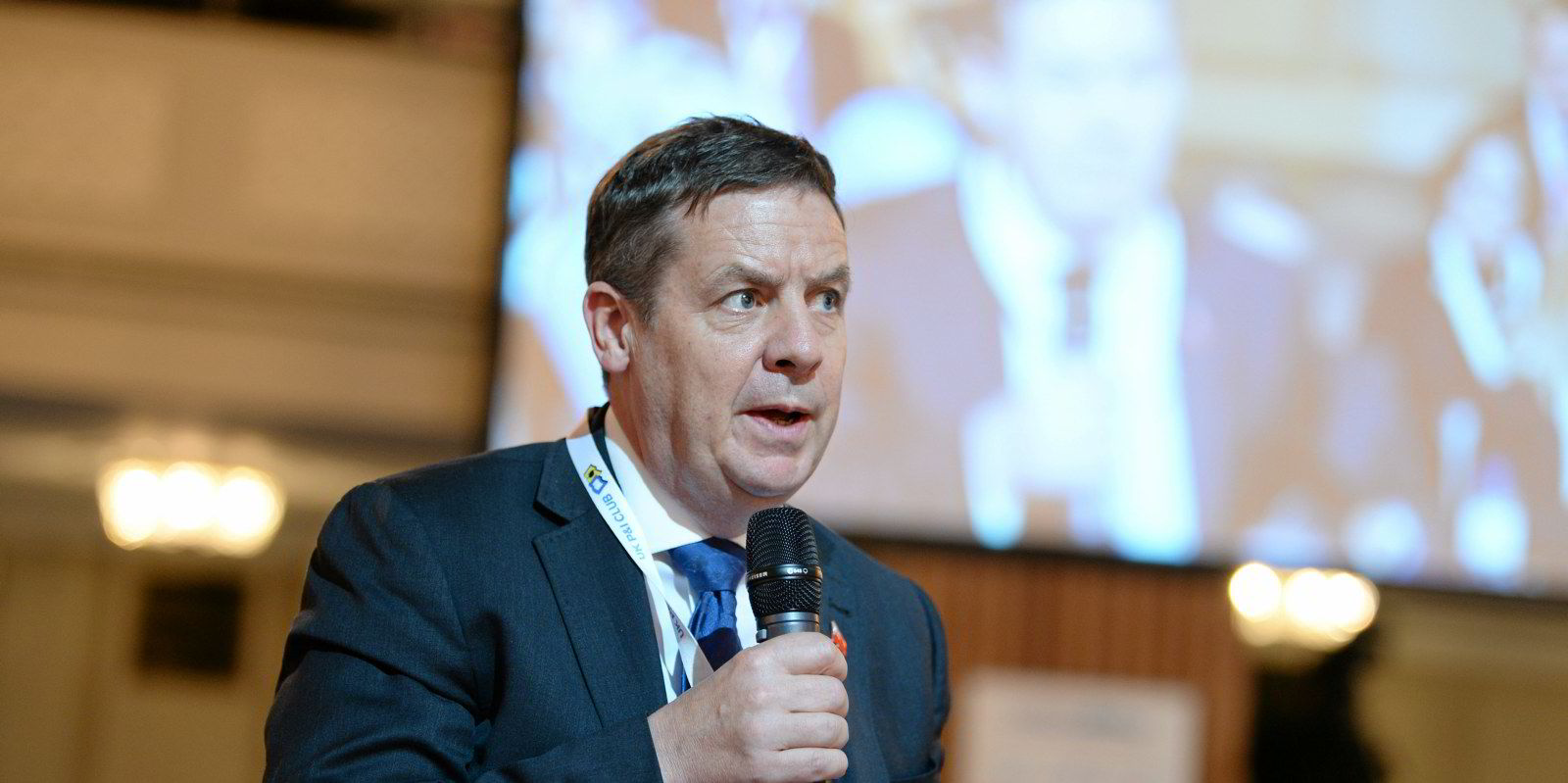Proposals for the International Maritime Organization to mandate the decarbonisation of shipping by 2050 are facing last-minute challenges.
On one side, green groups have told the IMO that findings by the Intergovernmental Panel on Climate Change (IPCC) indicate that even more drastic action is needed.
On the other, some countries have questioned the target because of the potential impact on developing economies.
The Marine Environmental Protection Committee (MEPC) meeting in the first week of June must commit to the target if it is to meet its 2023 window and revise its decarbonisation policy.
It is currently targeting a 50% reduction in emissions by 2050, compared with 2008 levels.
At last year’s MEPC meeting, there was broad agreement among leading member states that it should follow the United Nations’ lead and seek zero carbon emissions by 2050.
The number of countries signing up to the Declaration on Zero Emission Shipping — which was started after the COP26 meeting in Glasgow — has risen to 31, including leading flag states Panama, the Marshall Islands, the US and Norway.
European Union member states, the US and Japan will again voice their support for the new 2050 decarbonisation target at next month’s MEPC meeting.
They have proposed that details of the new target should be finalised at an Intersessional Working Group meeting so that it can be mandated next year.
The International Chamber of Shipping has drawn up suggested amendments to Marpol Annex VI to accommodate the new target.
But the IMO still faces hurdles.
Ambitious
Green groups WWF, Clean Shipping Coalition and Pacific Environment say the 2050 target does not go far enough.
They have told the IMO that the most recently updated report from the IPCC indicates that even more drastic action is required. It urged the IMO to “revise its climate targets to ensure full decarbonisation of international shipping well before 2050”.
There is also a question of how the IMO’s target will fit with more ambitious national action plans by individual member states, such as Finland, which has told the IMO it is committed to decarbonising by 2035.
But several countries still question the 2050 target because of how it will affect developing economies.
Brazil, China, Argentina, India, Saudi Arabia and the United Arab Emirates contend that the IMO needs to undertake a feasibility and impact study before it commits to the new targets.
They have reminded the IMO of its responsibility under the UN’s principle of common but differentiated responsibilities and respective capabilities, to ensure that developing economies are not disadvantaged in the decarbonisation process.
They have concerns that accelerating the decarbonisation process will require measures that will harm their economies.

Japan and the US have outlined the tough measures required to decarbonise the industry by 2050, including a new decarbonisation interim target to be set in 2040.
The US’ idea is that the IMO should use that target date to set quotas for the number of zero-emission ships operating as a percentage of the world fleet.
“The committee should consider new formulations for the levels of ambition, such as a percentage share of the deepsea fleet that runs on zero-emission fuels — for example, 5% in 2030 and 50% in 2040 — and reductions in absolute greenhouse gas emissions and carbon intensity by 2030 and 2040,” the US said in its submission to the IMO.
Japan has submitted its own analysis of what regulations will be required if shipping is to reach zero emissions by 2050.
It believes zero-emission ships could be feasible by 2028 and the key starting point is mandating zero emissions for newbuildings from 2030. But that alone will not be enough to reach the goal.
Japan estimates that making all newbuildings zero-emission after 2030 will achieve only a 41.6% reduction in carbon emissions.
It said that unless there is a regulation to require existing vessels to convert to zero-emission fuels, the IMO will fall short of its goals.
“It will be difficult to achieve net-zero emissions simply by mandating zero-emission operation for new ships,” Japan said.
“In addition to regulations for new ships, it will be necessary to further introduce regulations mandating existing ships to operate with zero emissions through the use of drop-in fuel.”







